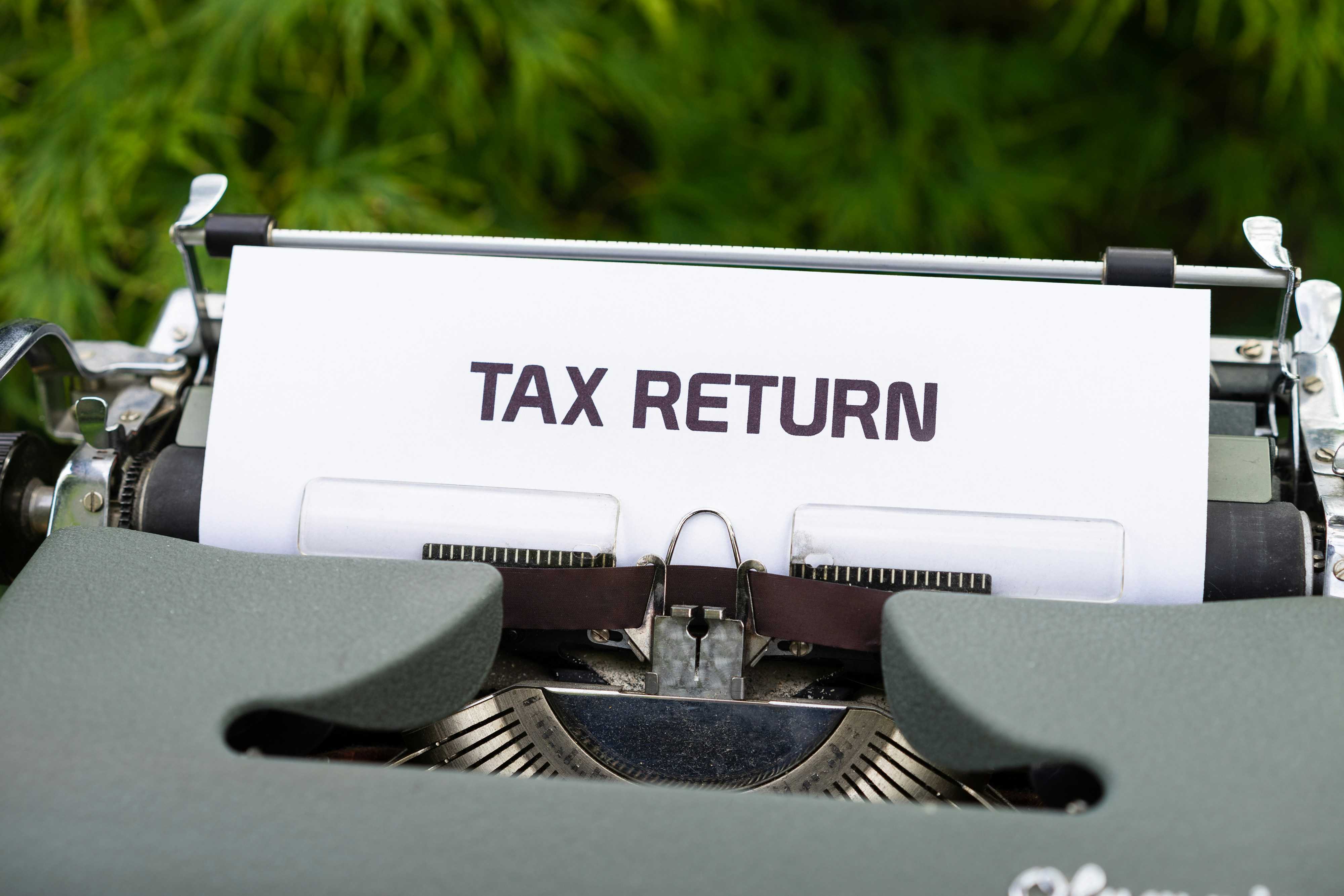If you are a higher rate or additional rate taxpayer (you are earning in excess of £50,270 a year) you could be missing out on tax relief on your pension contributions.
This could be an issue if you are part of a ‘relief at source’ employer pension scheme (where contributions are taken from your wages after tax has been deducted). These schemes will automatically apply to HMRC for 20% tax to be relieved and added to your pension pot.
If you are a basic-rate taxpayer (earning below £50,270 per year) there is no further adjustment that needs to be made. However, higher and additional-rate taxpayers should ensure they claim the additional tax relief that is owed.
If you normally complete a self-assessment tax return, you should tell HMRC about your pension contributions by including them on your tax return. The tax relief is then automatically included in your tax calculation. If you do not complete a tax return, you will need to contact HMRC. Rather than enduring the long wait times for the helplines, you can give HMRC details of pension contributions online, via your Personal Tax Account.
If you pay tax through PAYE, HMRC should adjust your tax code, meaning less tax is deducted from your wages. The amount of relief given in this way will only be an estimate unless you can provide HMRC with an entirely accurate figure in advance of the whole tax year. If you do not receive enough relief, you will have to obtain a refund directly from HMRC. On the other hand, if too much estimated tax relief is included in your code, you might have to pay the balance after the end of the tax year.
Please contact us if you would like any further information.



